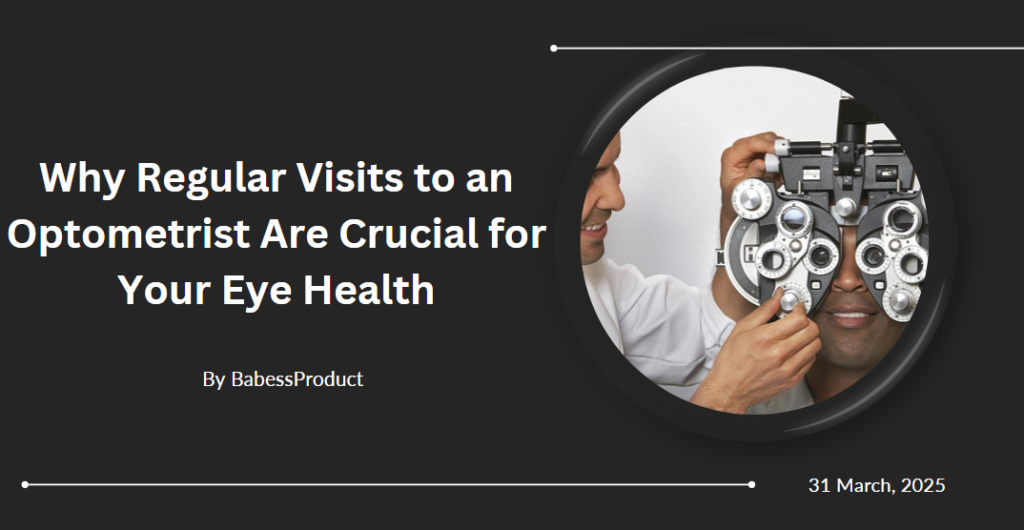Eye health is often overlooked until problems become impossible to ignore. While many of us prioritize doctor visits, dental check-ups, or even trips to the gym, regular appointments with an optometrist should also be a priority. These visits are especially valuable for managing diabetic eye care, as they help catch complications early. By committing to routine optometrist visits, you can safeguard your vision, address diabetic eye care needs, and prevent issues before they escalate.
Detecting Eye Conditions Early
Visiting an optometrist regularly is key for catching eye conditions early, including those related to diabetic eye care. Many eye diseases, like glaucoma, cataracts, macular degeneration, and diabetic retinopathy, develop silently with little to no symptoms until significant damage has occurred. Regular eye exams help detect these issues early, allowing for timely treatment or preventive measures, such as:
- Glaucoma: This condition damages the optic nerve and leads to permanent vision loss if untreated. Early detection allows medications or surgery to slow its progression.
- Cataracts: These cloud the eye’s lens, causing blurry vision. If caught early, they are often successfully treated with surgery.
By making regular eye check-ups a priority, you can protect your vision and maintain your quality of life.
Managing Diabetic Eye Care
For individuals managing diabetes, regular optometry visits are necessary. High blood sugar levels associated with diabetes can damage blood vessels in the retina, leading to a condition known as diabetic retinopathy. This condition is one of the leading causes of blindness worldwide and often presents no symptoms in its early stages. Without regular professional monitoring, it often progresses unnoticed until vision loss becomes severe.
During a comprehensive eye exam, an optometrist can check for signs of diabetic retinopathy. This includes identifying issues such as bleeding in the retina, swelling, or abnormal blood vessel growth. These exams also help detect other diabetes-related complications, such as glaucoma and cataracts, which are more common in people with diabetes.
Early detection allows for adjustments in diabetes management plans, such as tighter blood sugar control or additional treatments. These adjustments can significantly reduce the risk of permanent vision loss. For anyone with diabetes, regular visits to an optometrist are not just about eye health, they’re a key part of overall health management.
Identifying New Vision Changes
Even minor changes in vision can impact daily life, from reading and driving to performing tasks at work. Often, these changes are so subtle that they go unnoticed until they begin to interfere with day-to-day activities. Regular optometry visits help identify these changes early, allowing any necessary adjustments to be made before they become disruptive. Addressing these changes promptly not only makes daily tasks easier but also prevents unnecessary strain on your eyes, which typically leads to headaches, fatigue, and further vision problems.
Enhancing Overall Health Monitoring
Routine eye exams often reveal signs of systemic health conditions. These include hypertension, high cholesterol, or even autoimmune disorders. By identifying these early warning signs, your optometrist can recommend follow-ups with other medical professionals. This contributes to better overall health monitoring and prevention. The connection between eye health and general wellness highlights the broader benefits of routine optometry care.
Routine Eye Care for Lifelong Vision
Making routine eye care a priority is a simple way to maintain lifelong vision. For individuals managing chronic conditions like diabetes, these visits are especially valuable. They offer a way to monitor and manage potential complications before they become severe. Regular optometrist appointments are a proactive step in protecting your eyesight and overall health.

